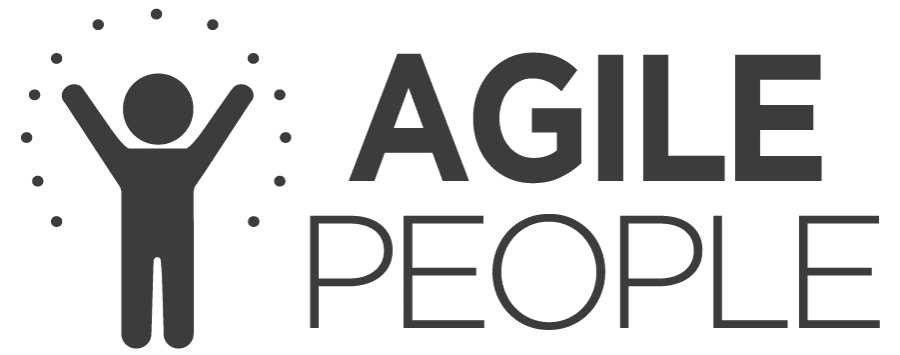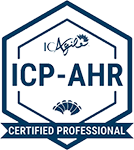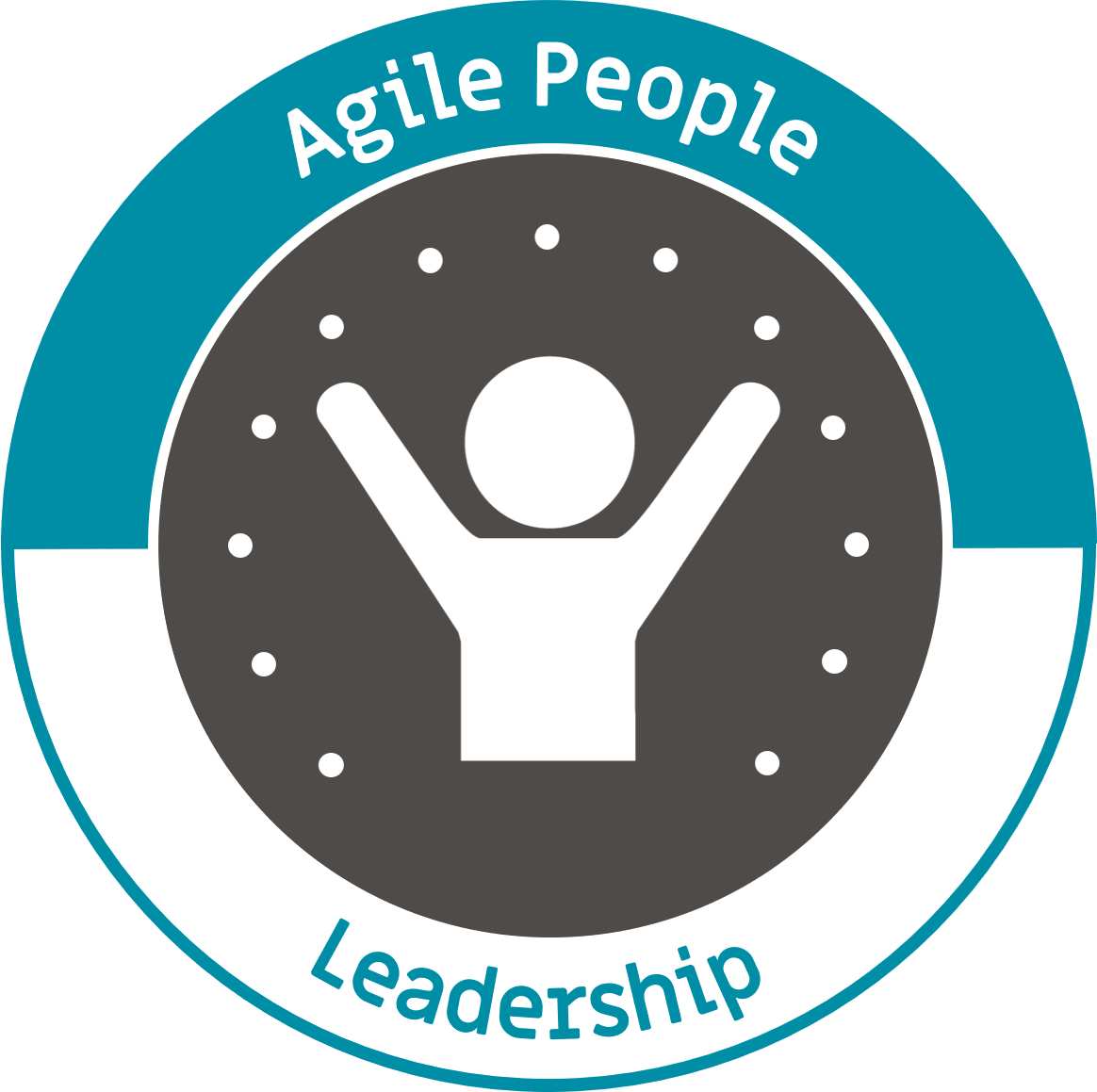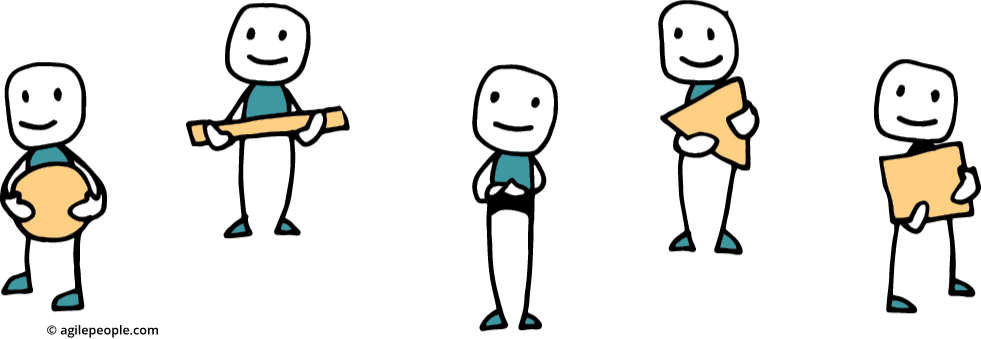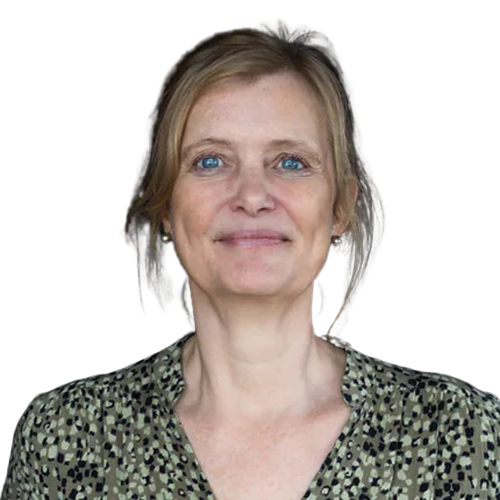Agile People Fundamentals + HR (ICP-AHR) + Leadership (ICP-LEA) + Coach 23 Online Sessions
Agile People Fundamentals + HR (ICP-AHR) + Leadership (ICP-LEA) + Coach 23 Online Sessions
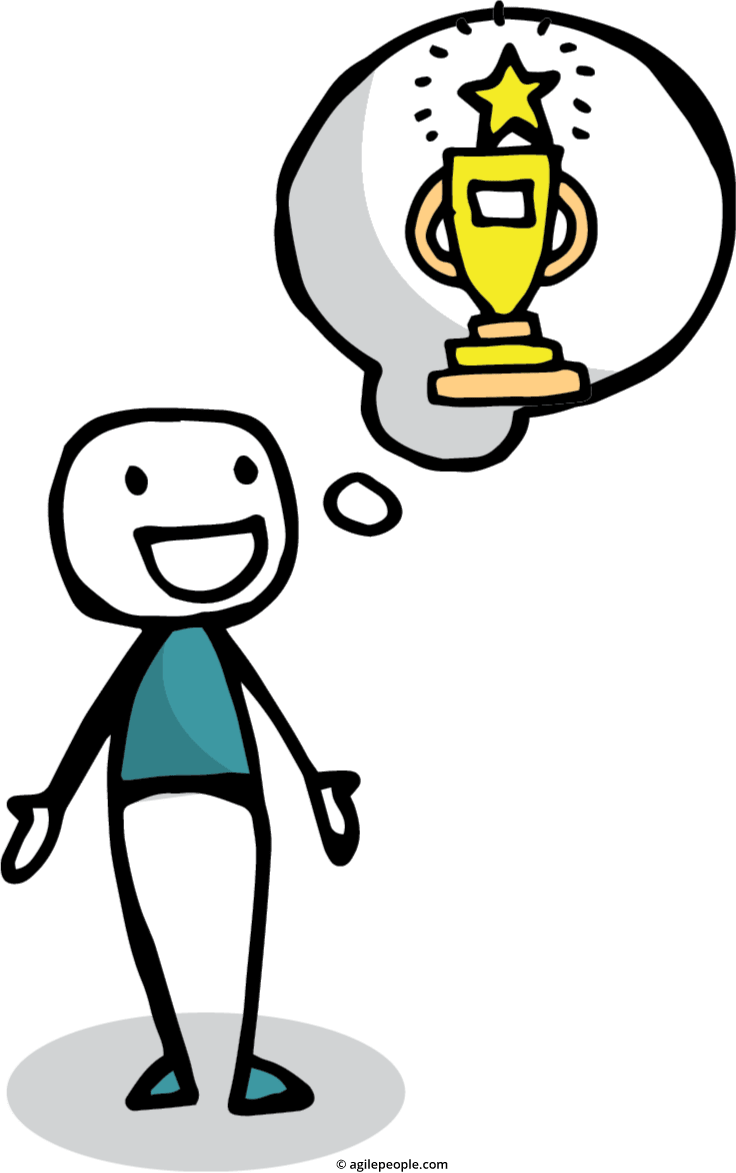
2020-10-16 08:00 —
2020-12-18 16:00 AST
Agility in HR & Agile Leadership & Coaching
ICAgile Certified Professional – Agile 
In this course, we are exploring HRs new role in an Agile organisation!
About
Today the most progressive companies have changed the HR role to a more coaching role serving all the people, not just management. Although this changed view of the formal HR role is still not fully mainstream today, many organisations are experimenting with alternative structures, ways of working (like Scrum), and people practices that allow a truly Agile culture to thrive.
You will leave this experience having gained both knowledge and practical skills to bring forward new ways of working and being that place HR in a leading position to creating lasting change, engagement, and a truly empowered workplace.
Time Frame
The program is made up of 12 topics that we will cover over 12 intensive online sessions (Zoom) – beginning October 16 and ending on December 18 2020. Friday sessions only: session 1: 08:00 – 09:30 / break / session 2: 11:00 – 12:30 / break / session 3: 14:30 – 16:00.
Date Topics
16-10 Fundamentals 1 -3
23-10 Fundamentals 4 – 5 + Assignment
30-10 Agile HR 1 – 3
06-11 Agile HR 4 – 6
13-11 Agile HR 7 + Assignment
20-11 Agile Leadership 1 – 3
27-11 Agile Leadership 4 – 6
04-12 Agile Leadership 7 + Assignment
11-12 Agile People Coach 1 – 2
18-12 Agile People Coach 3 – 4
Target Audience
The target audience for this training includes HR Professionals, Change Agents, People Managers, Agile Coaches, Scrum Master, Agile Project Managers and people working in companies who require transformation to Agile ways of working. Their current responsibilities may include aspects such as people development, recruitment, performance management, compensation, and employee engagement/motivation.
Organisational development consultants, hiring managers and Agile transformation leads exploring the people, and structural aspects of transformations will also find this curriculum compelling.
These books written by Pia-Maria Thoren are included in digital format.

Program Content
Agile People Fundamentals
Session 1 – F1: Introduction to Agile People and important principles/tools
The foundation of Agile People’s’ mindset is about the principles, values, methods, and tools that we need to start using to release competence and innovation – and what we stop doing. We discuss your challenges and certification assignment.
Session 2- F2: Psychological safety as a foundation for a learning organisation
The importance of an approach that is permeated by security and confidence to increase profitability and innovation – to increase creativity through a culture where it is ok to fail and try again. We play “The Psychological Safety Game” to facilitate dialogue about difficult topics
Session 3 – F3: Emerging strategies, structures, and goals
Emerging strategies instead of long-term planning, new ways of working with strategy, budgets, goals, performance processes, and rewards. Using value stream mapping to optimise flows in a system instead of working with resource optimisation and sub-optimisation of departments. Mindset Slider exercise. WoWs to be used: Beyond Budgeting, OKRs, Impact Mapping, VSM, etc.
Session 4 – F4: Building conditions for agile culture
Creating conditions for a fantastic culture where people can perform at their optimal level with a sense of being supported and secure. The gap between structures and culture/values. Structure – Culture Misfit Role Play. The importance of country culture for an Agile transformation.
Session 5 – F5: The learning Organisation as Strategy and the future role of HR and managers
Boundary Spanning and the Buddy System to increase cross-border collaboration and increase the opportunity to create a fantastic organisation together. Tips and examples for the change journey and how HR and managers need to change their role to support it.
Agile People HR
Session 6 – H1: How HR’s role is changing when we need to increase Business Agility
Design the talent/people elements needed to help support an Agile transition in an organisation and explain how different contexts can influence the approach to be taken. Job titles, competency profiles, titles, career, succession – how do we do it in an agile organisation? User stories for HR and a T-shaped HR-person. Employee Journey mapping – pain points. Examples and cases.

Using Scrum, Kanban, Value Stream Mapping, and OKRs for HR is not so different from using it for Software development. What are examples, and how can you design talent/people processes using the agile ways of working? User stories for HR – what do they look like? Examples and cases of Agile HR in reality.
Session 8 – H3: Performance management and examples & cases
Appraise current performance management practices and identify ways of bringing Agile thinking to enhance performance, accountability, and growth. 95/5 Exercise.
Session 9 – H4: Compensation and Benefits
Examples and Cases. Describe and contrast traditional incentive structures with Agile-friendly structures, discuss the pros and cons of each approach, and explain how you could apply them to your environment.
Session 10 – H5: Talent Acquisition and onboarding
Design a sourcing strategy that can be used to find and acquire the “right” people to support the strategic growth of the organisation taking values, culture, diversity, and collaboration into the hiring decision. Design an onboarding experience that enables new employees to become a part of the organisation rapidly and smoothly.
Session 11 – H6: Employee Engagement
Recommend different motivational tools to be applied in a context and describe how the traditional employee engagement survey is changing.
Session 12 – H7: Learning and Development
Suggest ways to enable and support a learning mindset in a team, supporting the shift from a focus on deficiencies to a focus on the development of new skills and capabilities.
ICAgile Certified Professional
This training is certified by International Consortium for Agile (ICAgile), a certification and accreditation body.
Upon completion of the course and submission and approval of your course assignment, you will receive (knowledge) certification in ICP-Agility in HR.
Learn more about ICAgile ( https://www.icagile.com/ )
Agile People Leadership (ICP-LEA)
Today the most progressive companies have changed the formal management role to a more servant leadership role, realizing that people are most productive, creative and happy when they have personal control over their own lives and the ability to be leaders of their destiny, private or work-related. In these organizations, everybody is expected to be a leader, so there is paradoxical, a lot more leadership there.
This training leads to an ICAgile Certification in Leading in Agility (ICP-LEA) – read more under FAQ below
Although the changed view on leaders and of the formal manager role is far from mainstream today, many organizations are experimenting with alternative structures, replacing budgets with forecasts and dynamic resource allocation, to create the best possible value. The role of managers is changing rapidly and also, the role of HR is under tremendous change, from focusing mainly on policies and processes to understanding that the future for HR lies in creating conditions for people to perform and be happy. By removing impediments, we can instead maximize engagement and employee satisfaction that will fuel speed and adaptability in a common, strategic direction.
The question is, where do managers and HR go from here? What will become of them, when everybody seems to be able to lead themselves? Will, they slowly become obsolete when information and knowledge are transparent for everybody and power is not anymore in the hands of a few “talents” who were promoted because they were seen as “HIPOs” in a world where people were judged in a yearly performance review? Or is there an alternative future role that would be the natural step when leaving the process-oriented and transactional leadership style in favor of ways of working more suitable for a complex reality?
Regardless if you are an agile coach, a line manager or an HR professional, you need to understand how people strategy and people operations need to change when working in a company embracing the agile value structure.
During the Agile People Leadership training we cover 3 perspectives:
Individual perspective (YOU) Knowing yourself and why you do what you do.
- The Reiss Motivation Profile (RMP) shows your basic needs and motives, and contributes to a better understanding of yourself and your leadership, and why you do what you do…
- Helping others finding their perfect place in the organization taking their personality and situation into account
Team perspective (WE IN OUR TEAM)
- How to increase the pace from immature to mature high-performing teams, using skills for communication and conflict resolution
- How to grow and develop teams to be independent and empowered to make their own decisions, for example about their contribution to the organization’s goals or their salaries
Organizational perspective (ALL OF US)
- How to balance an agile culture with an agile structure, providing enough support for emerging strategies where all people are involved in setting the direction (via OKRs or other kinds of relative targets)
- How to work to change behaviors – accomplishing an agile mindset and culture through removing limiting structures (budgets linked to fixed performance targets and rewards)
- Create a Learning organization where it’s ok to make mistakes and learn from them (requires a platform of Psychological Safety)
Workshop program Session 13-19: Agile People Leadership
Session 13 – L1: Why Agile Leadership: The impact of big trends and the VUCA world and the drawbacks of the waterfall method for development of new products. Problems with the way we still manage and lead and the better way. Theory X and Y view of leadership – examples.
Session 14 – L2: Types of leadership: A walkthrough of Leadership history and how it has developed until today.
Session 15 – L3: What is Agile Leadership? Examples of frameworks and cases. 9 leadership principles and the gardener metaphor. How performance can be supported with alternative ways of working. Leadership Maturity exercise.
Session 16 – L4: Knowing and leading yourself: Emotional intelligence, mental models and mindful leadership. The organization as a social construct and interpersonal mush vs. interpersonal clarity. How we are biased: 4 examples of biases that we all hold and the antidote. The 4 selves of a leader with a self-assessment.
Session 17 – L5: Conflict resolution: Basic conflict theory and finding the right balance between harmony and creative conflict in a team or organization.
Session 18 – L6: Effective Communication: How do we make sure that what we communicate get the intended result and that we are clear on how to communicate the right stuff in a way that would make sense for people, regardless of cognitive differences?
Session 19 – L7: Boundary Spanning – working cross-functionally and spanning boundaries of different kinds, inside and outside the organization and between topics, areas and diverse people. Buddy System exercise.
Conclusion and next steps: Retrospective (ALL) and KUDOs
This highly interactive course will give you the tools and roadmap on how to grow in your Agile People skills – from building your capacity and skill in self-leadership, how to lead others at all levels in the organization and ultimately how to support and enable others to lead at all levels.
You will also be welcomed into the Agile People network.. a global network of agile professionals collaborating to promote and help modern organizations towards increased Business Agility.
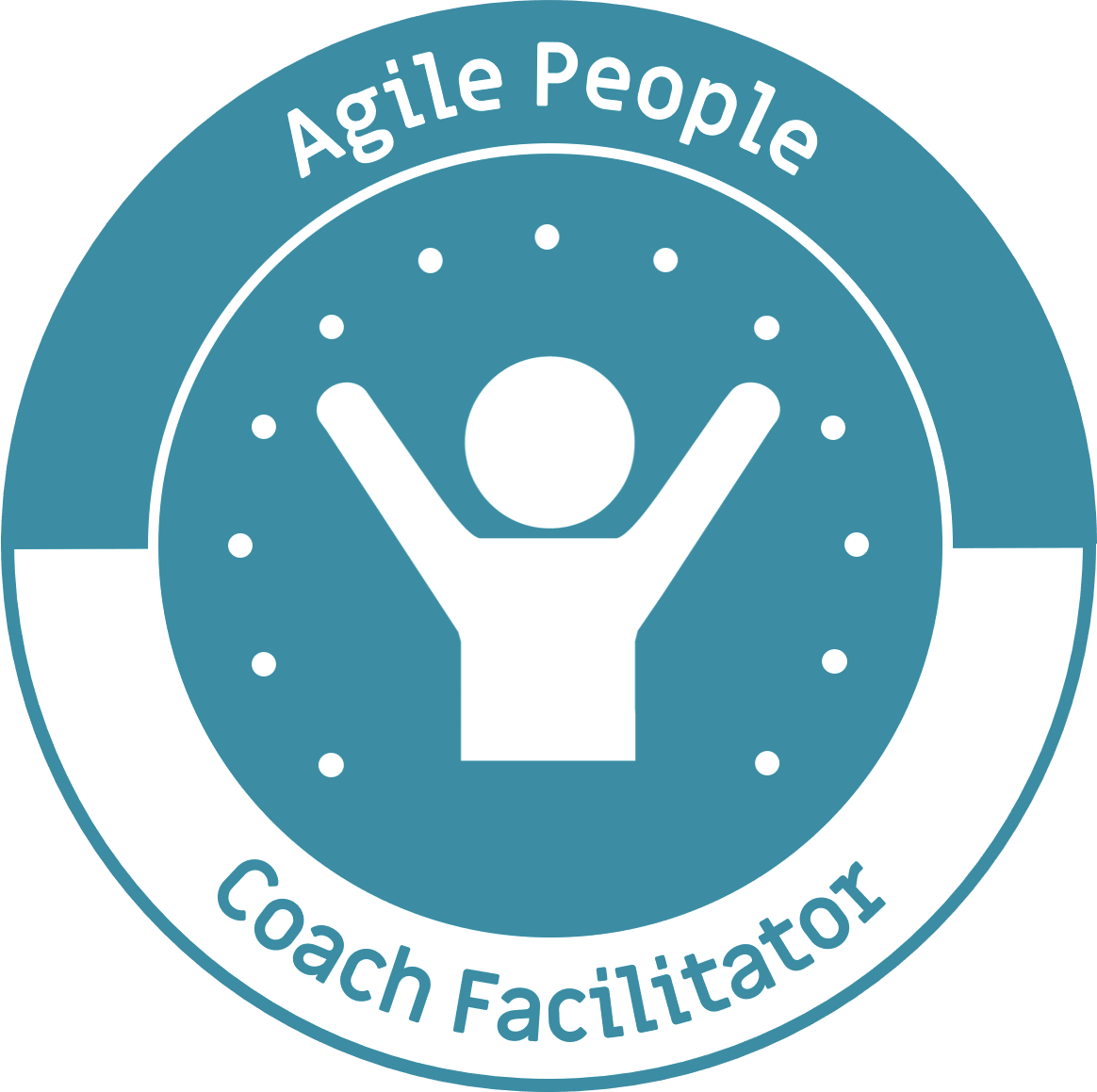
Session 20 – C1: Introduction to Agile Coaching – the four roles of a coach: Mentoring, teaching, facilitation and coaching. What is the difference between an Agile Coach and an Agile People Coach?
Session 21 – C2: The Roles of the Agile People Coach – the nine roles of an Agile People Coach and Self-assessment. What are the skills that you need to add as a regular Agile Coach, Leader or HR person if you want to increase your agile and people skills and to be able to call yourself an Agile People Coach? Scenarios for practicing when to take what role.
Session 22 – C3: My Motivation – Your motivation profile as a base for self-leadership and understanding what drives me and others. Communicating with people who are different from yourself and knowing how to understand what makes other people do what they do and how they are different/similar to you.
Session 23 – C4: Conflict Coaching – in our role as an Agile People Coach, there will be times where we need to help people navigate friction and conflict. Either in groups or working, how they escalate, and how we can map conflicts. We will also explore how we can help foster healthy conflicts, and how to coach individuals and groups in navigating more challenging ones.
Target audience
Agile coaches, consultants, HR managers, HR Business Partners, HR professionals, line 
Course leader
Manfred van Veghel, has 30 years of training and consultancy experience from large Dutch and international companies for Agile, HR, Leadership and Organization. He is the founder of the Agile Caribbean Meetup Group and has a global network of Agile People.
As a consultant he has worked with Agile since 2001 at ABN AMRO (DSDM) with several frameworks, Agile Project Management, DevOps, Scrum, Kanban, SAFe, Agile HR, Lean Leadership & Kaizen, from the Healthcare sector to ICT and governmental organizations in Europe, US and on different Caribbean islands.
He was involved as Agile Coach for the Agile HR transition of ING HR from 2015 – 2017, one of the biggest Agile HR transitions of its kind. Currently he involved in Agile Transitions in the Caribbean.
Online Delivery
We are working with Zoom for presentations and team exercises, Trello for keeping track of the agenda items and exercises and Slack for communication between the sessions. There will be some work to be done after every session, so add about 5 hours more every week. Course literature and material will be sent to your location and distributed digitally.
During the period, you take part in 1,5-hour sessions. Totally 12 sessions – six options, depending on where you are in the world. The date and time are the starts of every session. Please add what Option you choose when you sign up.
FAQ
Do I need any pre-competence?
You don’t need any pre-competence of agile to attend the online course. We are tailoring the course for the participants and your level.
How does the process look for this training?
The training is a copy of the physical training but we will use online tools instead of face-to-face meetings. You will need a good internet connection and an undisturbed workplace where you can have a quiet background. We will work in break-out sessions in Zoom and use Slack for communication between the instructor-led sessions, which will happen every week between 15-17 Central European Time.
All material will be shared via a Trello board and a Google drive. We will let you know everything about practicalities during the first session.
Are the classes scheduled on specific days at specific times?
Yes, classes will be scheduled on specific days and times. See above what applies to this course.
After training completion, what is the process to become ICAgile Certified?

The process of certification is that you need to finalize the certification assignment, which is to describe how you would turn around HR and leadership in a company that has gone bankrupt due to not being agile enough (real case, a Swedish fashion company). When the assignment is finalized (approved with feedback from us), we will make your certificate download available from ICAgile via a link.
Events cancellation policy
If you should have to cancel your registration, notification in writing should be sent to info@agilepeople.com. Please make sure you state the name of the conference/event in the subject line of your email.
– A refund of 85% will be given for cancellations received 60 days before the start of the event
– A refund of 50% will be given for cancellations received between 59 days before 31 days to the start of the event
– A refund of 25% will be given for cancellations received between 30 days before 14 days to the start of the event
2020-10-16 08:00 —
2020-12-18 16:00 AST
